Updated on March 4, 2:49 p.m. (GMT+8): Improved relevancy.
Updated on January 29, 4:37 p.m. (GMT+8): Edited article to include more examples.
Gaming has become massive in Southeast Asia, gaining immense popularity in countries such as Indonesia, Malaysia, Singapore, Thailand, Vietnam, and the Philippines.
Notably, the gaming landscape in these countries is transforming as the number of female gamers steadily rises, challenging the pre-existing dominance of male players.
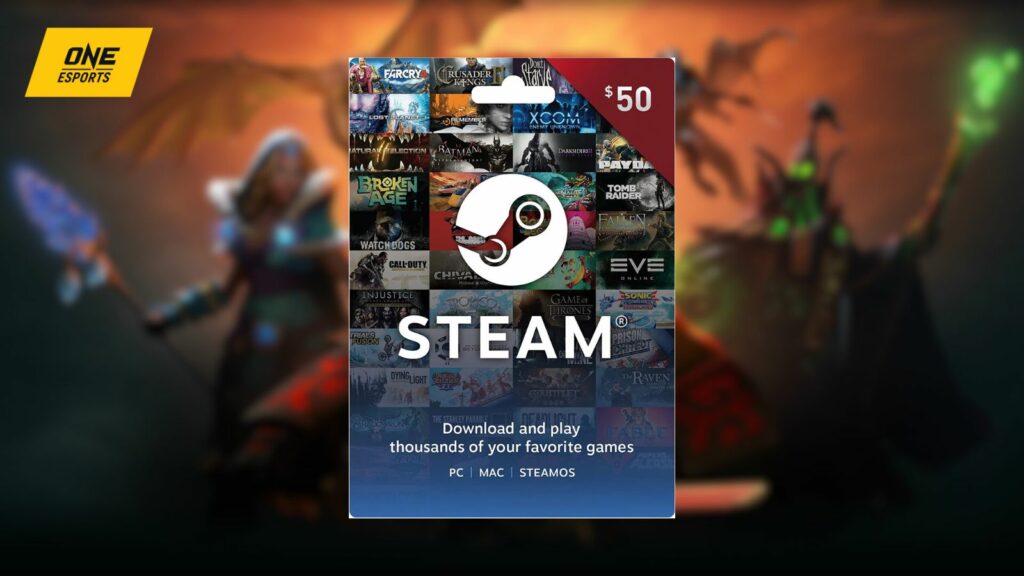
MAKE SOMEONE'S DAY: US$50 Steam Gift Card |
This shift in demographics raises intriguing questions about the future of the Southeast Asian gaming scene. What do these evolving numbers signify, and how will the inclusion of more women shape the gaming narrative in the region?
In an exclusive interview with Lisa Cosmas Hanson, President and CEO of Niko Partners, we look into the multifaceted aspects of female gamers within the community, exploring topics ranging from career opportunities to the prevailing stigmas associated with gender in gaming.
What percent of gamers are female in Southeast Asia?
According to the Niko Partners market model in 2023, 53% of gamers in Southeast Asia are female.
This is higher than the Asia average of 37%. Taking a look at individual countries in the region, the Philippines stands out with the highest percentage of female gamers in Southeast Asia, boasting an impressive 63%.
These statistics reinforce the trend of an increasing female presence in gaming across Southeast Asia and position the Philippines as a leading force in fostering gender inclusivity within the gaming community.
As the number of female gamers continues to rise, various opportunities and career paths within the gaming industry have opened up for women. More women are actively pursuing careers in video game development, taking on diverse roles such as producers, artists, publishers, marketers, and analysts.
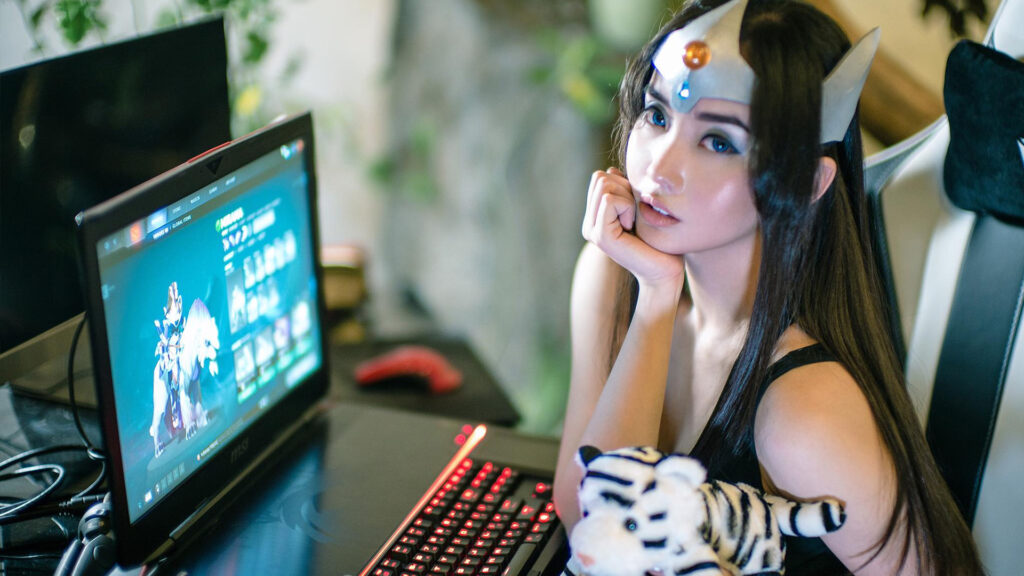
Some have even taken on leadership positions, exemplified by figures like Alodia Gosiengfiao, former co-founder of Tier One Entertainment, an esports and gaming talent agency in the Philippines.
Beyond Southeast Asia, a couple notable personalities include Tricia Sugita, Chief Marketing Officer at Cloud9 and Leena Xu, Chief Revenue Officer at Sentinels. These individuals serve as compelling examples of women breaking barriers and achieving leadership roles in the gaming industry on a global scale.
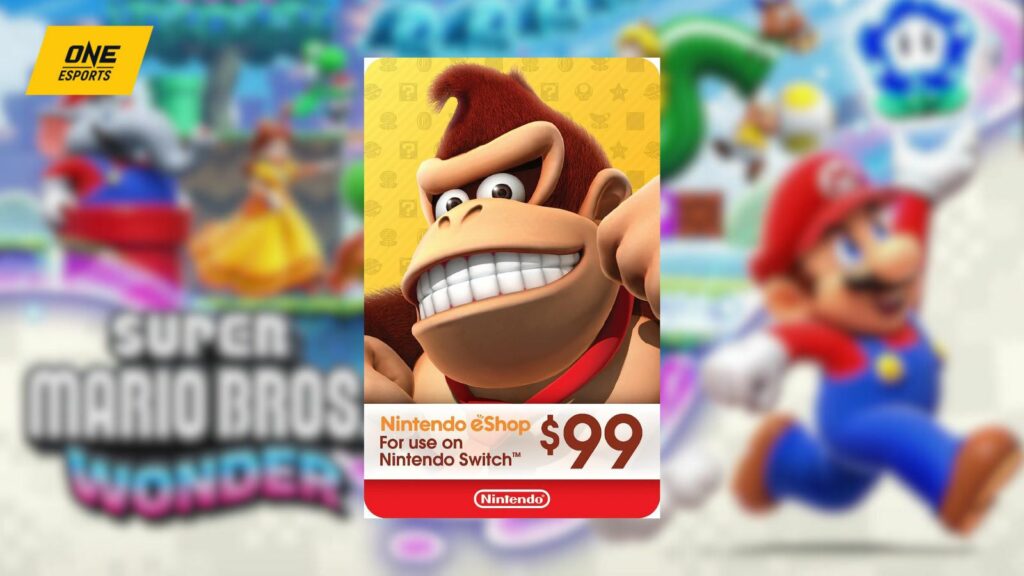
MAKE SOMEONE'S DAY: US$99 Nintendo eShop Gift Card |
While some worked behind the scenes, many have taken the spotlight as streamers and influencers like Singapore’s Spicyuuu, Thai YouTuber Naiyarat “zbing z” Thanawaigoses, and TikTok star Nadya “Unaa” Kheitna Putri.
Why are there still fewer professional female players in esports?
The gender disparity in professional esports persists, despite the increasing presence of female gamers in Southeast Asia. Niko Partners’ research identifies various factors contributing to this underrepresentation in the esports scene.
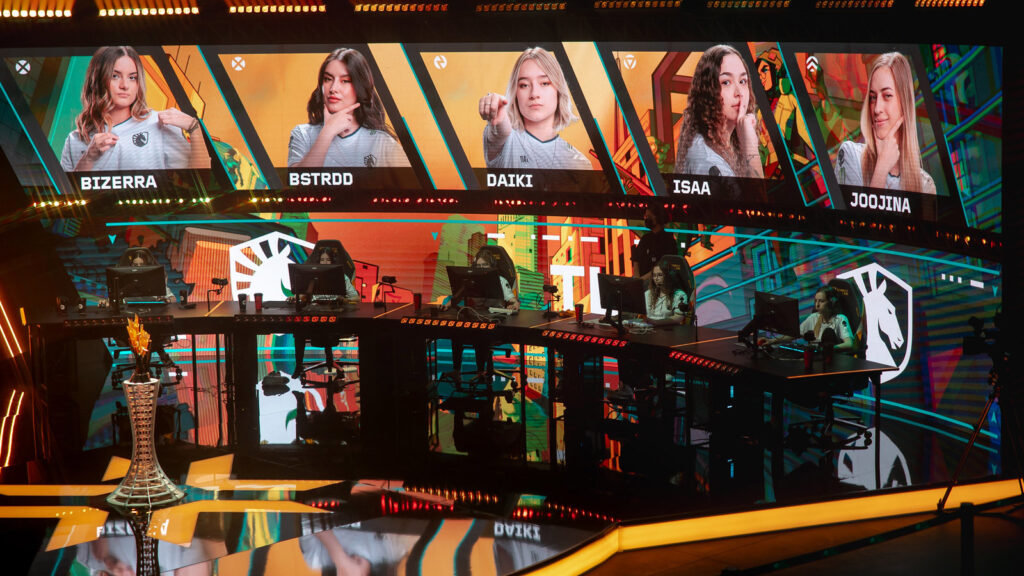
One notable factor is the stark difference in prize pools between women’s tournaments and their male counterparts.
Riot Games’ Valorant tournaments exemplify this gap, with the VCT 2023: Game Changers Championship offering a prize pool of US$500,000 — merely 22% of the US$2,250,000 prize pool for Valorant Champions 2023.
This disparity is further illustrated by the contrasting winnings of Shopify Rebellion, champions of VCT 2023 Game Changers at US$180,000, compared to the US$1,000,000 secured by Valorant Champions 2023 winners, Evil Geniuses.
“Furthermore, the current data shows that women are significantly less likely to be engaged or interested in esports,” Lisa told ONE Esports. “The esports market is still largely male-dominated and there is little there to drive interest among female gamers.”
While these challenges persist, a few trailblazers defy the norms of the male-dominated esports landscape.
Figures like Kim “Geguri” Se-yeon, the first female player in Overwatch League, Li “VKLiooon” Xiaomeng, the first female pro to win the Hearthstone World Championship, and Michelle “Moxxi” Song, the first woman to PBP cast at Dota 2’s The International, serve as inspiring examples challenging the status quo in professional esports.
In the PUBG Mobile Valkyrie Battleground 2023 (PMVB), the title’s female professional league, a total of 20 all-women teams competed for cash prizes, establishing themselves as professional gamers with both national and regional recognition.
What is the industry doing to break stereotypes and push for female visibility in gaming and esports?
“You play like a girl.”
“You’re too weak to join our team.”
“You’re not good enough.”
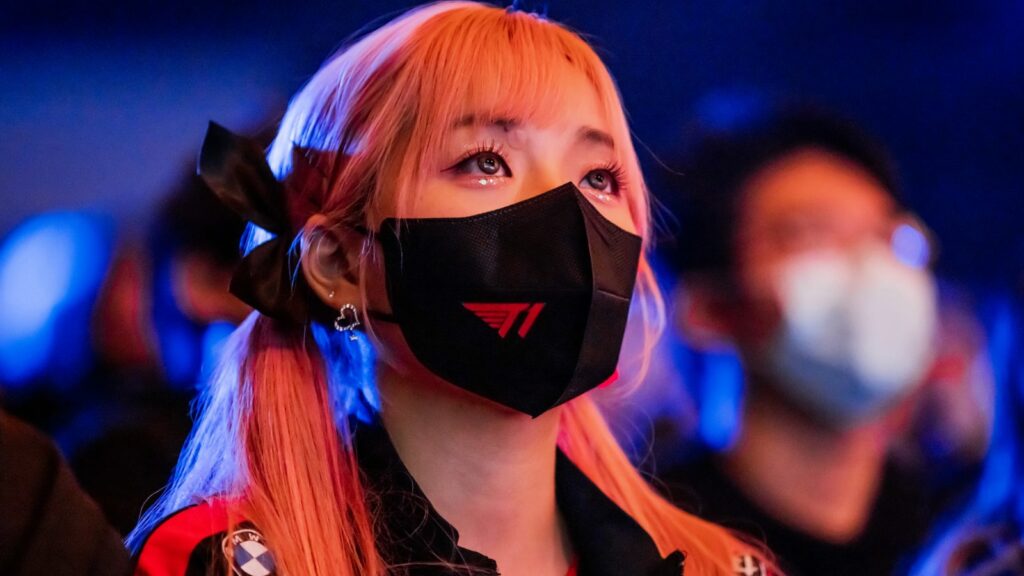
Throughout the years, casual, amateur, and professional female gamers have experienced harassment and abuse online and IRL, and it happens more often than you think.
In esports, positive strides have been made through initiatives such as Riot Games’ VCT Game Changers. Launched in 2021, this program aims to provide new opportunities and exposure for women and other marginalized genders in Valorant esports.
Building on this, the North American League of Legends Championship Series (LCS) introduced LCS Game Changers in the same year. This program specifically supports high ELO League of Legends players who identify as women, facilitating their transition into Riot Games’ amateur and professional leagues.
In the PUBG Mobile esports scene, the team works with its female esports players, creating content like event interviews and behind-the-scenes footage. This not only highlights the players’ on-field performance but also provides audiences with chances to learn more about PUBGM’s female esports teams through diverse, player-focused content.
The PMVB platform continues to expand, creating additional avenues to champion important causes. One notable example is their promotion of awareness for cervical cancer screening and treatment, a specific cause PMVB advocates for as part of its enduring philanthropic priorities.
Despite these positive developments in the esports scene, there is a pressing need for more substantial efforts in the broader gaming space.
According to Lisa, based on Niko Partners’ MENA survey data, women in the gaming space often feel less inclined to play online with strangers, are more likely to play alone, and are nearly twice as likely as men to refrain from using voice communication while gaming.
This highlights a pervasive issue where women don’t always perceive gaming environments as safe or conducive to expressing their true selves. The call to action extends beyond esports, urging the entire gaming industry to foster a more inclusive and welcoming space for women.
Just a heads up, some of the links on ONE Esports are affiliate links. This means if you click on them and make a purchase, we may earn a small commission at no additional cost to you. It’s a way for us to keep the site running and provide you with valuable content. Thanks for your support!


